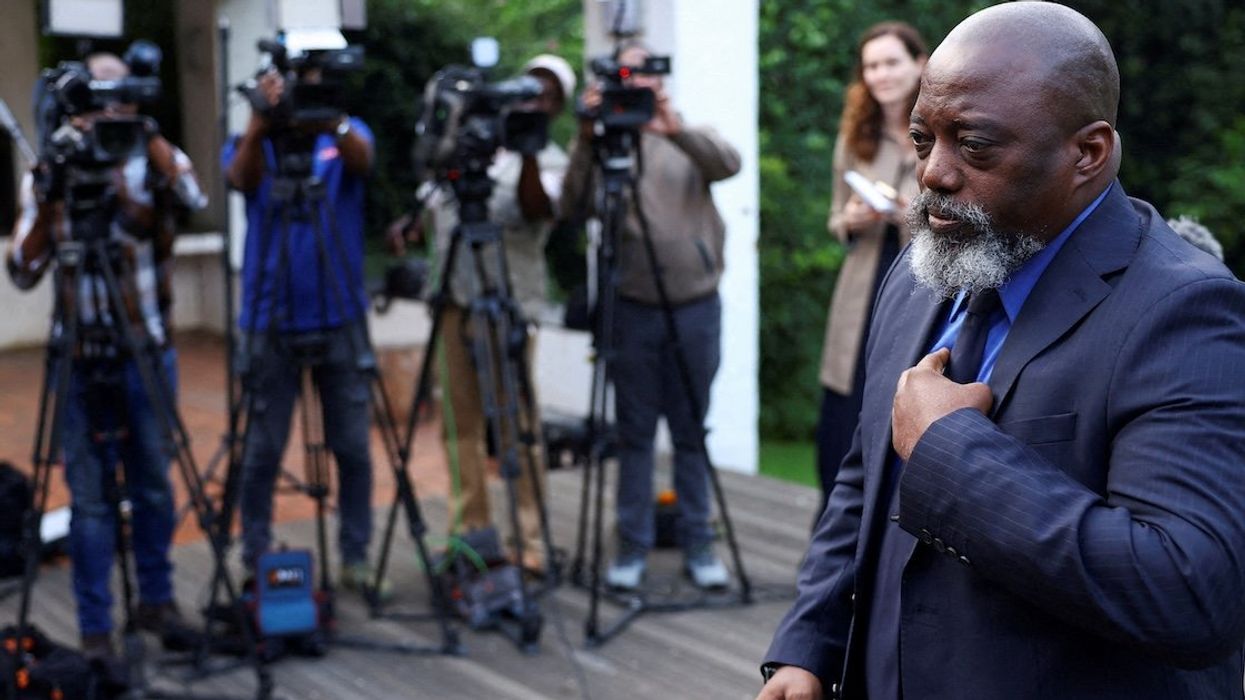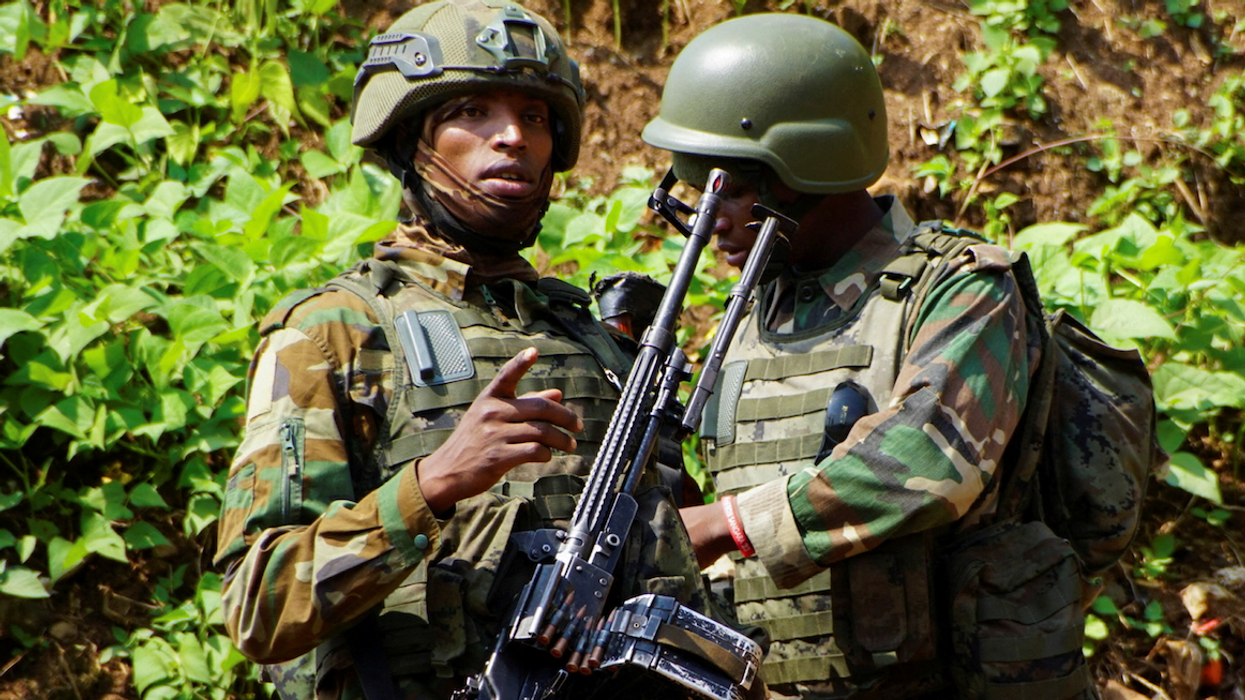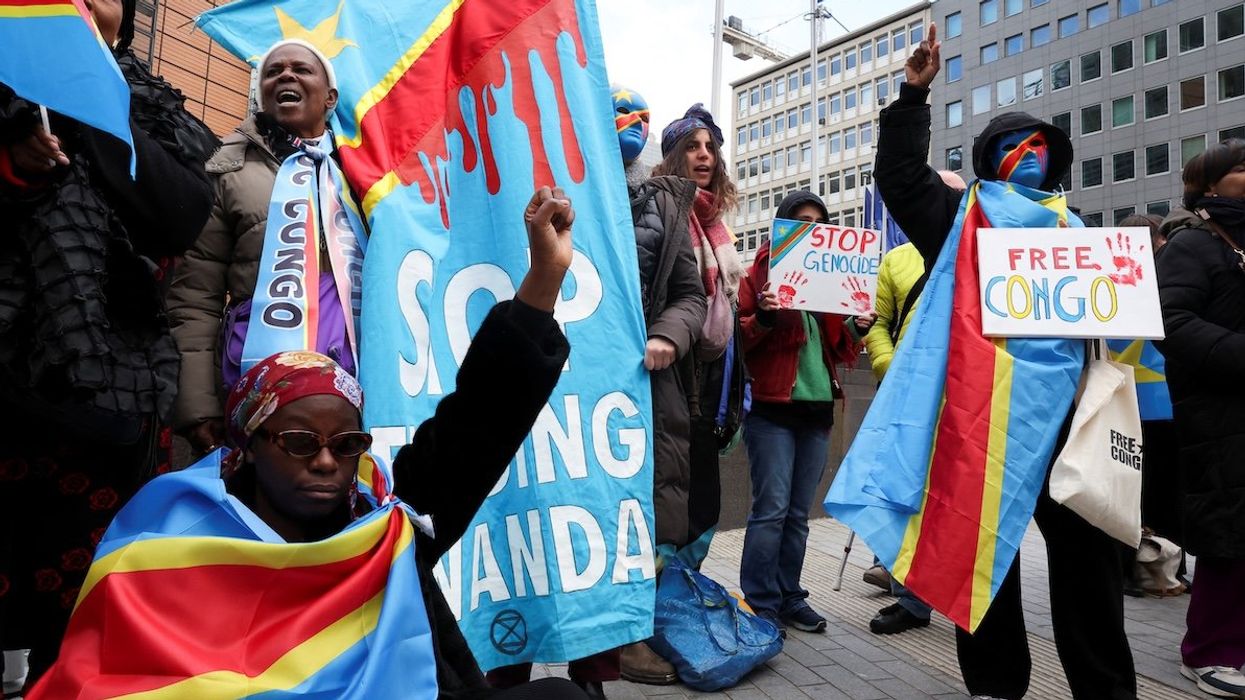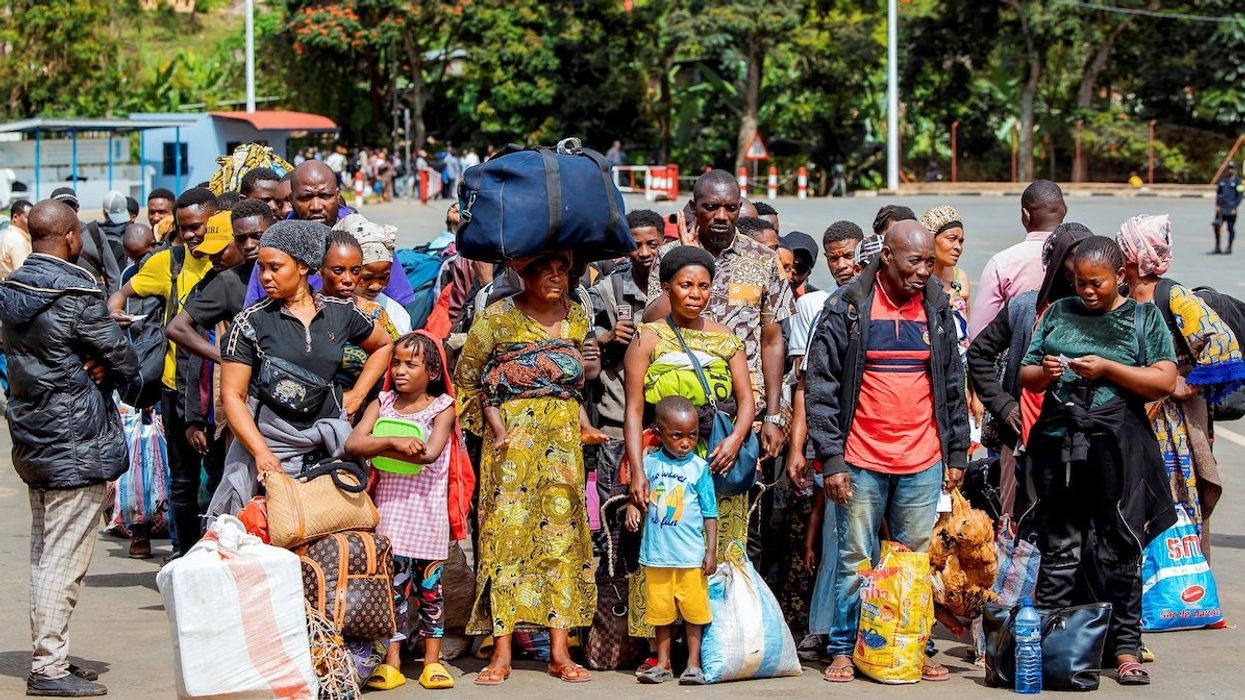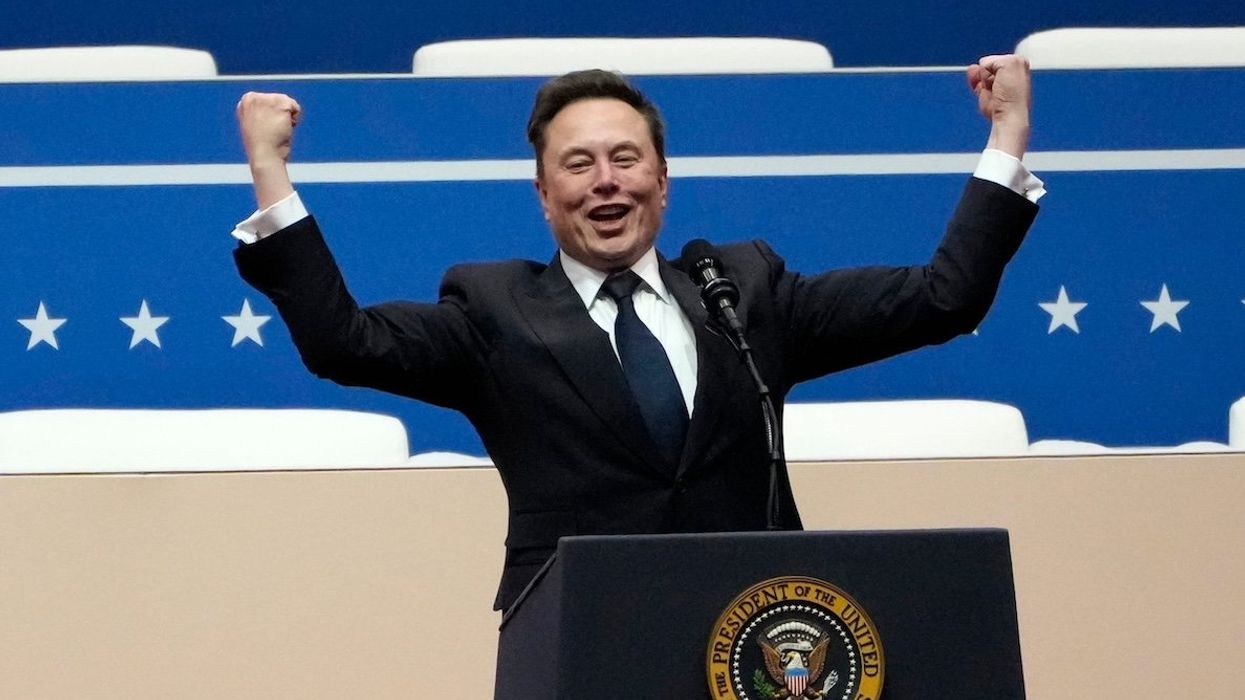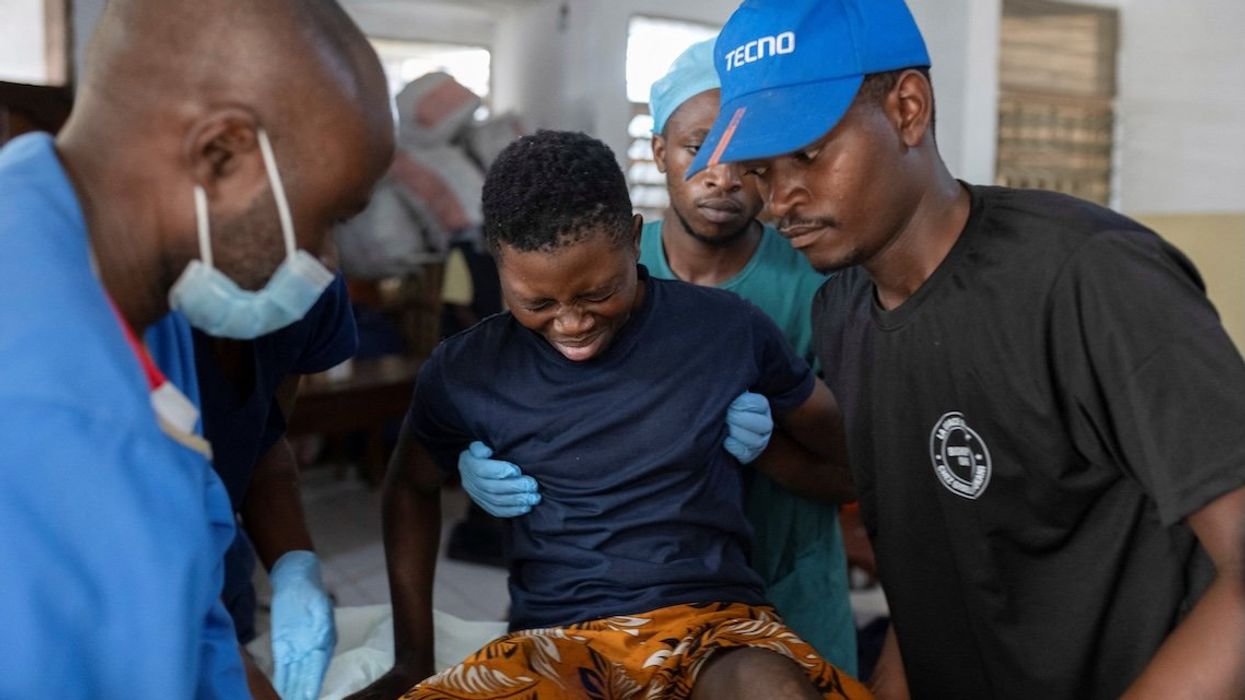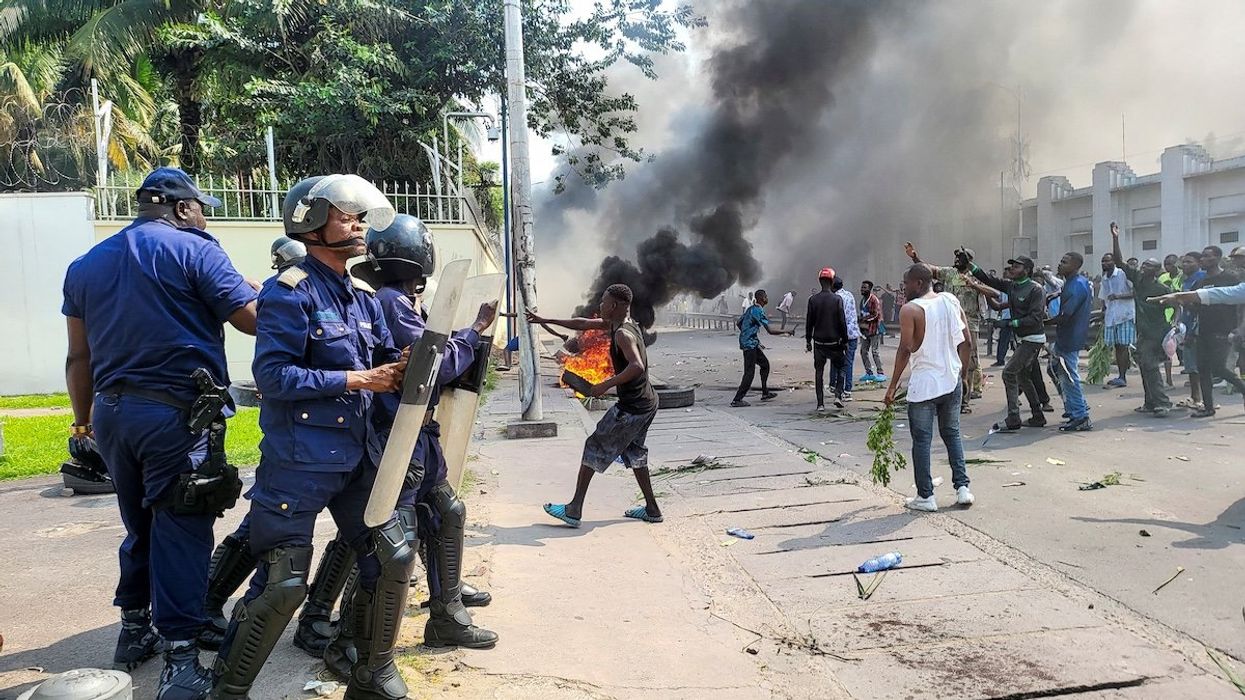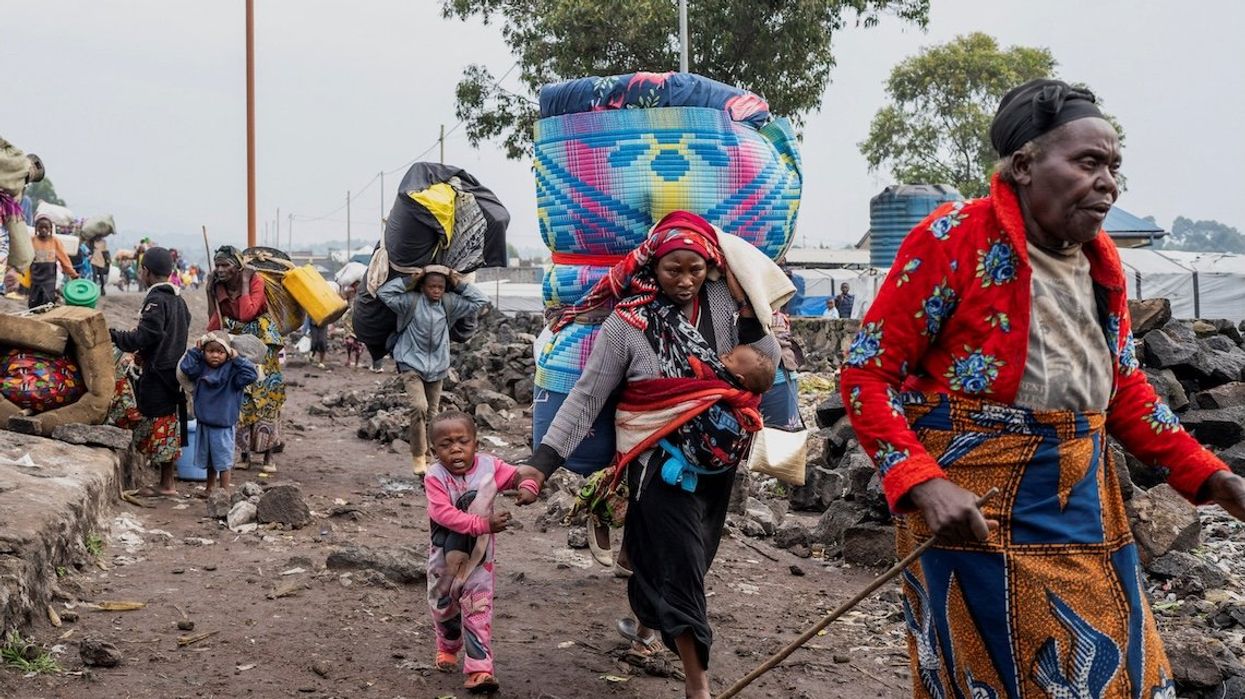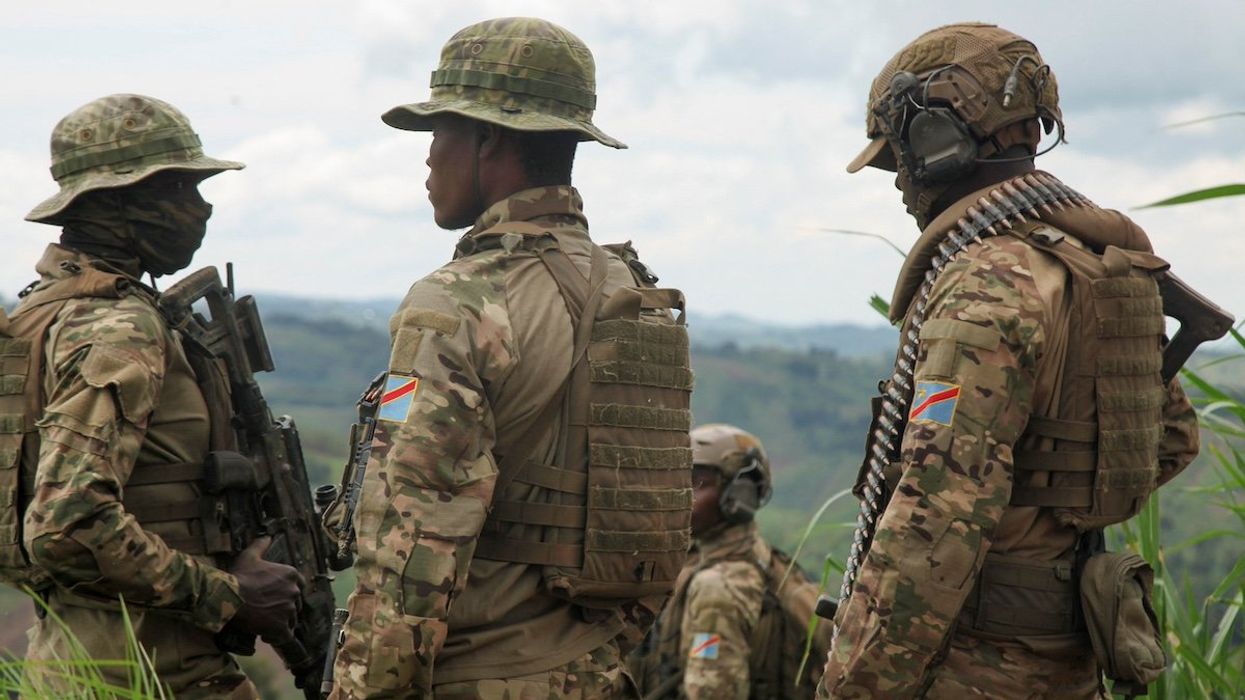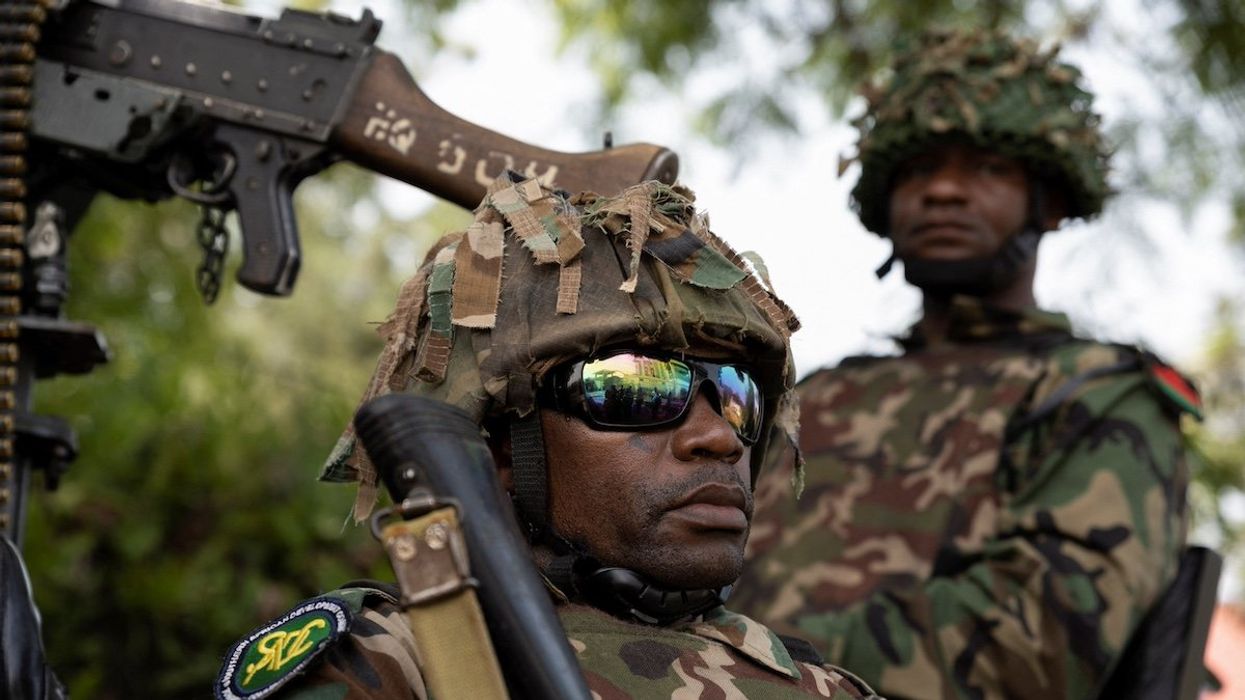What We're Watching
DRC suspends ex-president Kabila’s party, charges him with treason
The Democratic Republic of Congo suspended former President Joseph Kabila’s People’s Party for Reconstruction and Democracy on Saturday, accusing it of complicity with the Rwanda-backed M23 rebels. The government has also charged Kabila with high treason and ordered the seizure of his assets.
Apr 20, 2025
